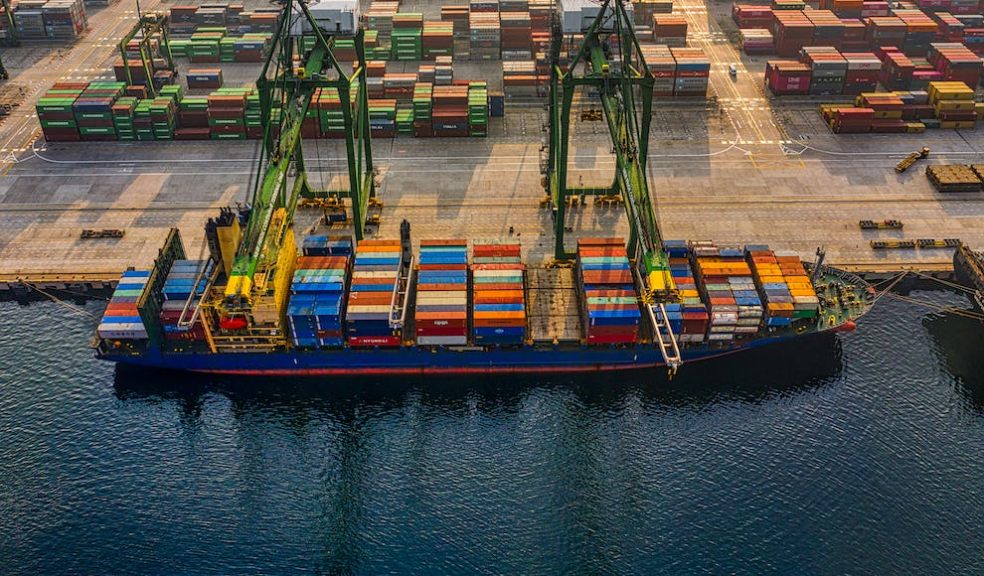
China Calling: Essential Tips for UK Businesses Importing from China
Whether your firm is based in Exeter or any other part of the Southwest region, the chances are that the things your company uses, sells, adds value to, remodels or uses in its production processes have at least some Chinese products in them. All too often Exeter-based businesses buy Chinese goods, components or assemblies from UK firms, however. Instead, you could be importing them yourself and cutting out the expenses and delays caused by middlemen. How do you go about starting your own import operation from the Far East?
Understanding the Chinese Market
For UK businesses, especially those in Exeter without prior import experience, grasping the intricacies of the Chinese market is essential for successfully obtaining goods from the world’s manufacturing powerhouse. Firstly, the Chinese manufacturing landscape is vast and varied, offering a plethora of opportunities for those looking to import. Therefore, understanding the cultural nuances and business etiquette in China is crucial. Businesses in the region should undertake comprehensive market research to identify consumer trends and select products that will resonate with their target market. Knowledge of local customs, consumer preferences and the regulatory environment can aid greatly in making informed decisions and avoiding potential pitfalls.
Choosing the Right Products and Suppliers
Identifying and selecting the right products and suppliers is a critical step for any business looking to import from China. It's important to focus on products that meet the UK’s market needs and regulatory environment. Consequently, conducting thorough due diligence on potential suppliers is vital. This includes assessing the reliability, production capacity and commitment to quality of any Chinese supplier under consideration. Businesses should weigh up the merits of attending trade fairs as well as utilising online marketplaces because they offer a platform for connecting with a wide range of suppliers. For Exeter businesses, building strong relationships with Chinese suppliers can lead to more favourable terms and a more reliable supply chain.
Navigating Logistics and Shipping
The logistics of shipping goods from China is a complex but crucial part of the process. Businesses need to be aware of the various shipping options available and choose the one that best suits their needs. Sea freight is often the most economical choice for larger shipments, though it does require longer transit times. Air freight and courier services, while faster, are typically very expensive and often uneconomical even for high-value items, such as consumer electronic devices. Importers in the region should carefully weigh the pros and cons of containerised shipping options, taking into consideration the nature of their products, their customers' expectations and their overall business strategy. For example, sharing a container is often the most viable way to import from China. According to Barrington Freight, a UK-based freight forwarding firm with experience in sea freight from a range of Chinese ports, arranging for a joint shipment is ideal for smaller consignments even up to several hundred kilos in weight, depending on the bulk of the goods.
Managing Customs and Compliance
Successfully navigating customs procedures and ensuring compliance with all relevant regulations is key to smooth importing operations. This involves understanding customs processes in the UK, not least being aware of tariffs, taxes and any import licenses that may be required. Given the complexity of international trade laws and the ongoing changes in the post-Brexit landscape, Exeter’s business community will often find it is best to turn to experts in this field. Outsourcing to professional customs agents can be worth it given the lower costs of importing goods compared to buying them from UK suppliers.
Building Long-Term Relationships
Finally, cultivating long-term relationships with Chinese suppliers is another noteworthy tip for achieving sustained success when importing from the Far East. For businesses in Exeter, this involves more than just placing regular orders with a given supplier. Instead, it should mean fostering a deeper understanding of and respect for the Chinese business culture, which values trust and relationship-building. Regular communication is essential in building a strong partnership between importer and exporter. It's also beneficial to show appreciation for the supplier's work and to be open to learning from their expertise.
Building long-term relationships with Chinese suppliers goes further, however. Understanding and adapting to cultural nuances can significantly enhance these relationships, especially in their initial phases. For example, being aware of important Chinese holidays, showing respect for traditional business etiquette and being patient with the pace of business dealings - at least, at the outset - can all contribute to a more harmonious and productive relationship. Trust and mutual respect are the foundations of any successful business partnership and this is particularly true in the context of the Chinese market.



















